Sukkot, the festival of the harvest, is just around the corner. What better way to celebrate than with a glass of exceptional Israeli wine? These wines, born from the sun-drenched vineyards of Israel, offer a rich tapestry of flavors that perfectly complement the festive spirit of Sukkot.
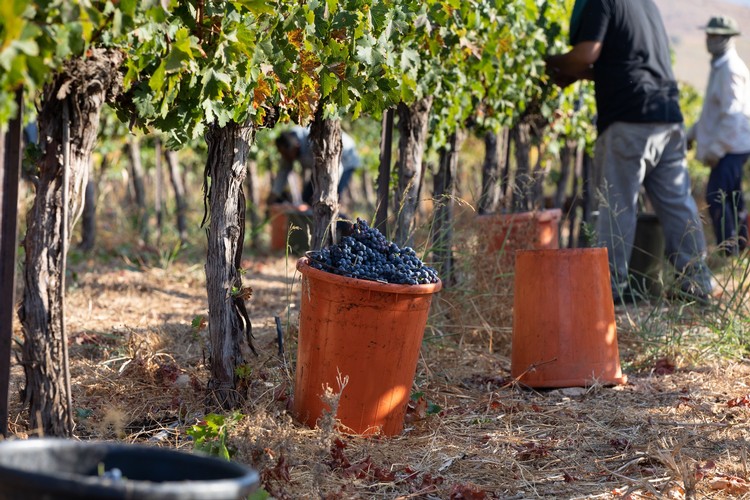
It may come as a surprise, but Israel is one of the oldest wine civilizations in the world. Archaeological evidence points to ancient wine presses dating as far back as the 3rd millennium B.C., scattered across the land. Grapes were cultivated in regions like Judea, Samaria, and Galilee, and Israeli wine was renowned throughout the Mediterranean world long before the rise of French vintages. During the Roman Empire, wine became a significant export and economic mainstay of the region. Numerous ancient wine presses from this era attest to the industry's prominence.
However, this flourishing winemaking tradition was followed by a more than thousand-year hiatus, during which grape cultivation for wine production was virtually nonexistent. It wasn't until the last century that winemaking began to reemerge and thrive in Israel. Today, the country boasts a thriving wine industry, with Israeli winemakers garnering international acclaim. The Mediterranean climate, ideal for viticulture, has once again proven its suitability for producing exceptional wines. Moreover, wine has long been deeply intertwined with Jewish traditions and customs.
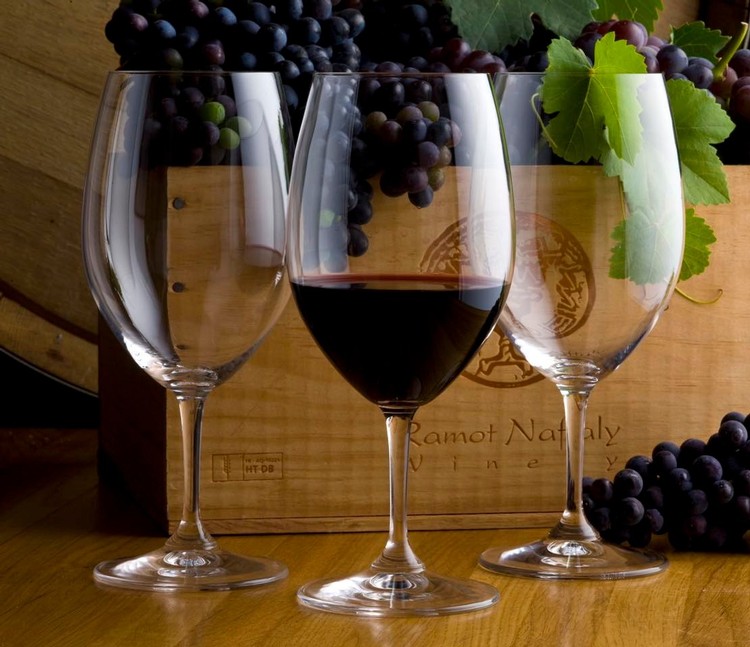
Beyond the large commercial wineries, modern day Israel is home to hundreds of boutique wineries producing exquisite wines in smaller quantities. These hidden gems are the focus of our mission: to introduce you to high-quality Israeli wines that you may not have encountered before. Each bottle tells a unique story, crafted by dedicated families of vintners who are reviving the glory of Israeli winemaking. Despite the challenges they face, these passionate individuals continue to cultivate their vineyards and produce exceptional wines.
One of such boutique family wineries is Ramot Naftaly Winery, nestled in the Moshav Ramot Naftaly of the Upper Galilee. They produce a limited amount of perfect kosher wines. Its vineyards stretch across the picturesque Kadesh Valley, a fertile rift cradled by towering mountains. This ancient wine-growing region has been producing high-quality grapes since ancient times, and the tradition is continued today.
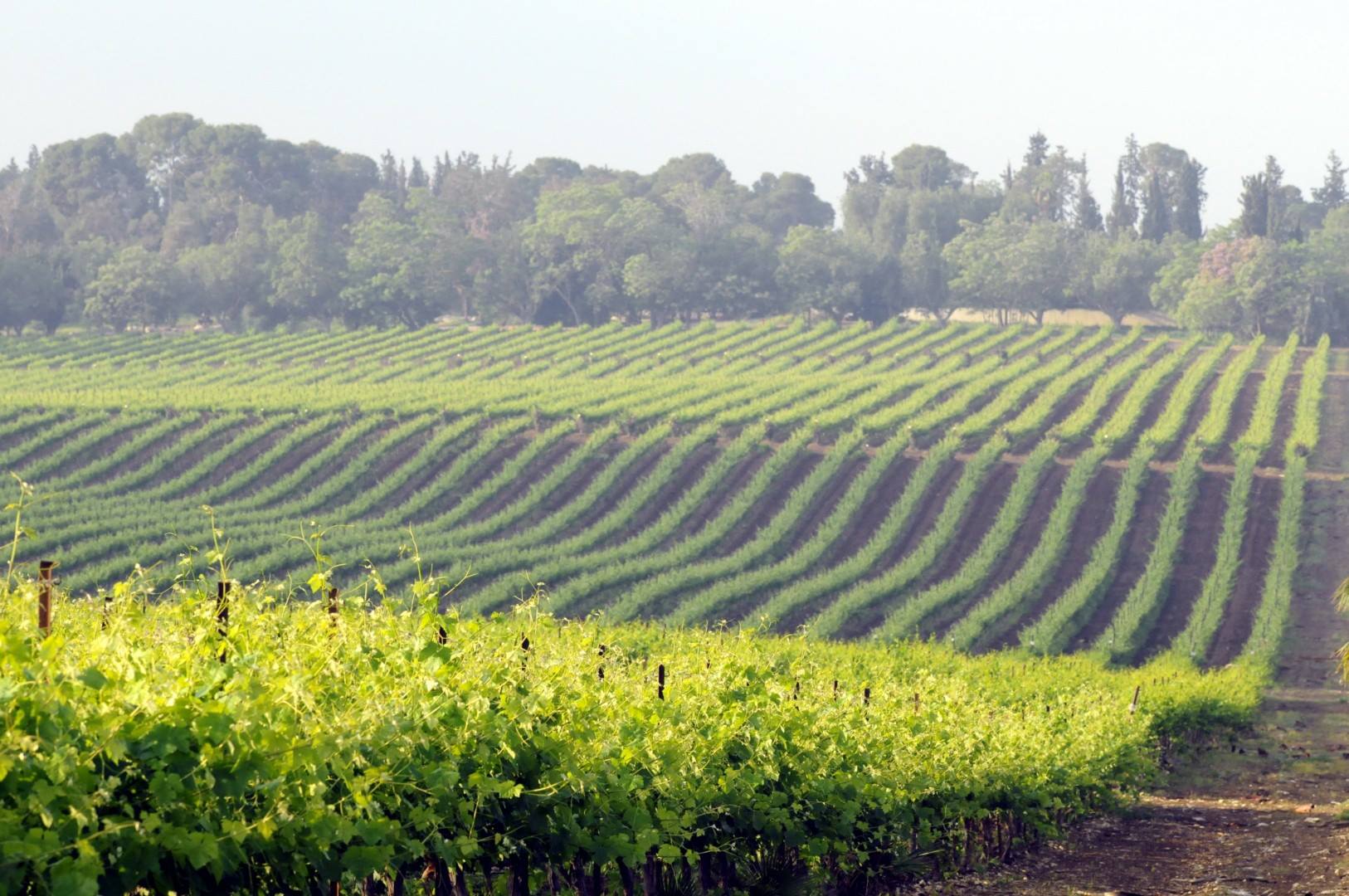
Founded in 2003 by winemaker Yitzhak Cohen, Ramot Naftaly Winery specializes in crafting small-batch, premium wines. Cohen, a former farmer and agricultural cooperative administrator, developed his winemaking skills through experimentation and hands-on learning in Israel. His dedication to quality and innovative techniques reflects the growing sophistication of the Israeli wine industry.
The winery cultivates six red grape varieties: Cabernet Sauvignon, Merlot, Shiraz, Petit Verdot, Malbec, and Barbera. All of their wines have been kosher since the 2009 vintage. Cohen's ultimate goal is to elevate the Kadesh Valley to a premier appellation within the Israeli wine landscape.
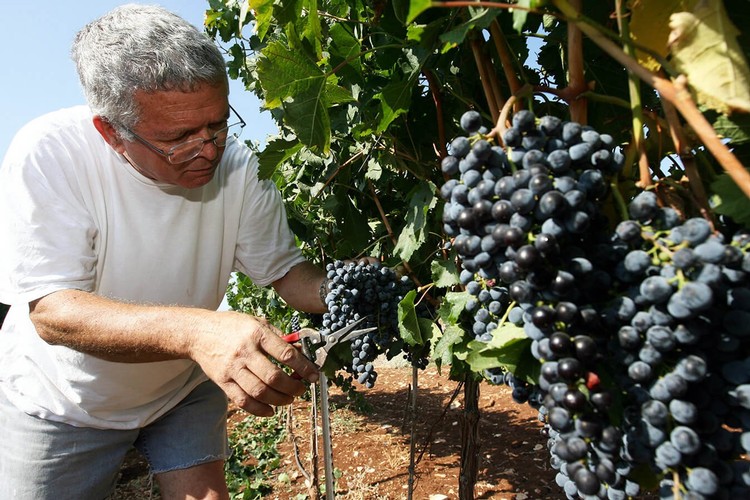
Yitzhak Cohen's parents, Lydia and Joseph Cohen, immigrated to Israel from Benghazi, Libya, in 1949. They settled in Rosh Pina, where Yitzhak was born. In 1963, the family joined a pioneering group that founded Moshav Ramot Naftaly, where they built their new home. With a deep-rooted agricultural background, Yitzhak grew up immersed in the love of land and homeland.
Yitzhak dedicated his life to agriculture and administrative roles within and outside the Moshav. His passion for wine began in 1989, when his managerial expertise led him to become the CEO of Golan Heights Winery, one of Israel's pioneering wineries. This experience ignited his dream of establishing his own small winery.
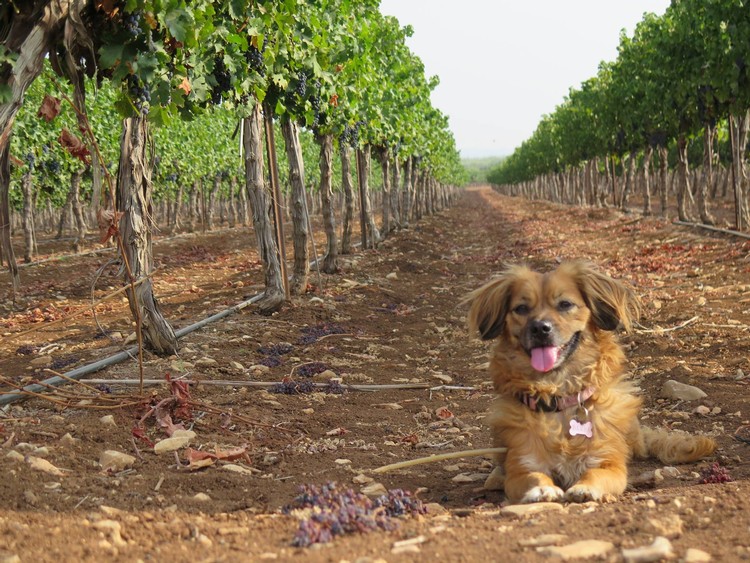
In 2002, Yitzhak embarked on a journey to realize his dream, diligently studying the winemaking process. He attended courses and toured wineries, equipment exhibitions, and wine tastings across Europe, culminating in a cellar master course at Tel-Hai College. Yitzhak's initial wine production began in small quantities in 2003.
Yitzhak's wife and daughters have been integral to the winery's success, actively learning the art of winemaking both academically and professionally. The winery's staff has grown modestly over the years, forming a close-knit family. They are dedicated to nurturing the vineyards, tending to the grapes, and meticulously overseeing the production process.
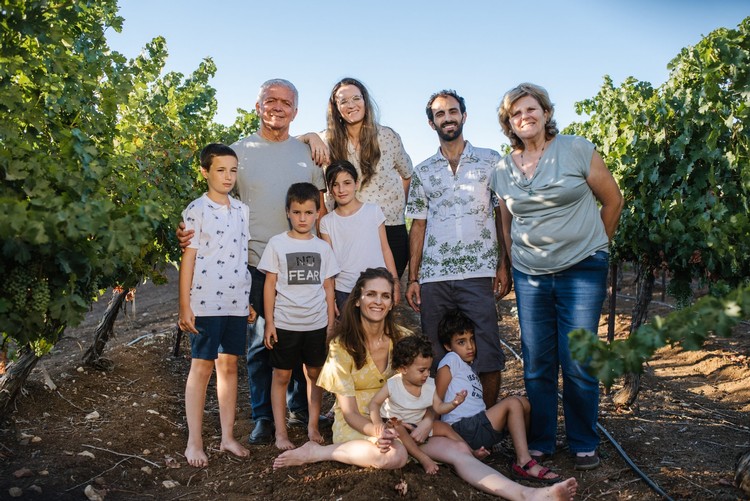
This family believes that exceptional wines are born from exceptional grapes. By cultivating healthy soil, nurturing the vineyards, and maintaining rigorous standards, they consistently produce outstanding wines year after year.
Kedesh Valley grapes produce wines with a distinctive profile. The valley's unique climate, mountainous location, and fertile soil created ideal conditions for cultivating high-quality grapes. Inspired by the soil's potential, Yitzhak and a group of friends planted additional vineyards in the valley.
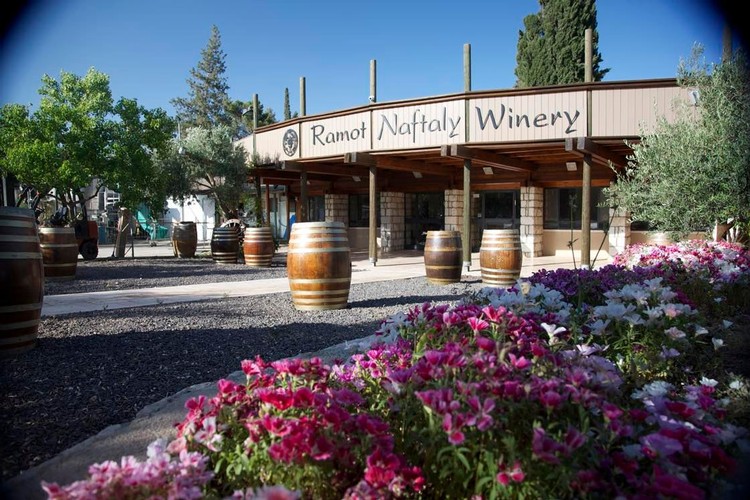
The winery is located in the backyard of a house, surrounded by a meticulously maintained vineyard and garden. During the harvest season, grapes are harvested by hand early each morning and immediately placed in cooling chambers within the winery. Later in the day, the grapes are removed, sorted manually, and then transferred to a small crushing machine. The crushed grapes are subsequently moved to temperature-controlled fermentation tanks.
The winery also features a cooled barrel room where new French oak barrels are stored. After fermentation, the wine is transferred to these barrels for aging, a process that typically lasts between 12 and 24 months.
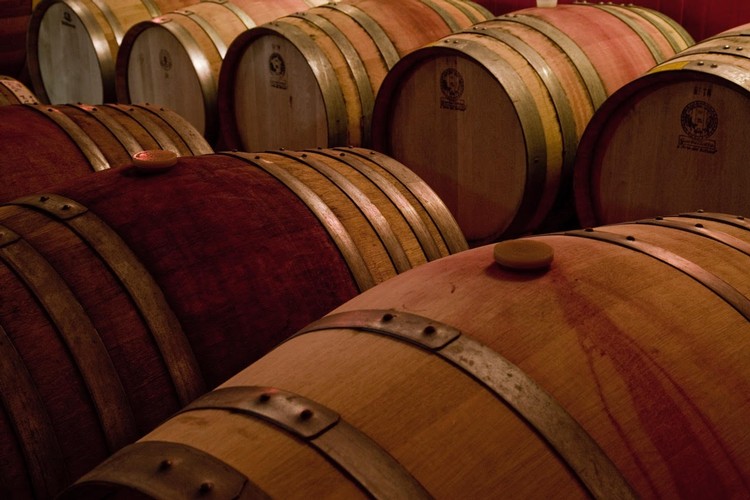
Wooden barrels have long been a cornerstone of winemaking, influencing a wine's color, texture, flavor, and tannins. Their porous nature allows for subtle exchanges between the wine and the wood, contributing unique characteristics.
The size, type, and aging of the barrel can all impact the final product. Larger barrels, for example, offer a slower transfer of flavors, while smaller barrels can impart more intense wood notes. The level of roasting during construction can also influence the wine's flavor profile, adding hints of chocolate, vanilla, or caramel.
The aging process itself is crucial. In the early stages, substances are transferred intensively, while later, slow ventilation affects the wine's phenolic character. A winemaker's decisions at this stage can significantly impact the wine's uniqueness. In 2009, Yitzhak Cohen first started using a 2,000-liter French oak barrel that was made by the Italian company “Garbelotto” especially for the Ramot Naftaly winery. In this barrel, the wood/wine ratio is low, which is beneficial for the wines, which are rich in natural flavors in the fruits, thus lacking the need for wood flavoring.
This approach demonstrates the delicate balance winemakers must strike when choosing and using barrels, allowing them to craft exceptional award-winning wines.
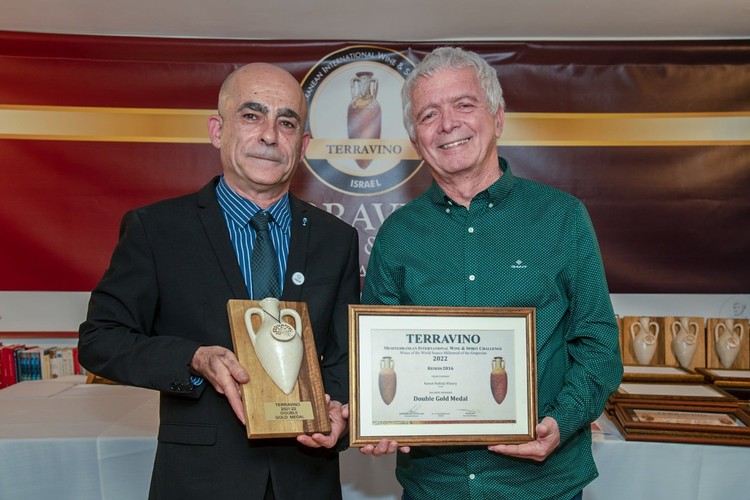
The winery was originally designed to accommodate up to 70 tons of grapes, which would be enough to produce over 50,000 bottles of wine annually. However, the final decision was to limit production to approximately 10,000 bottles per year. This deliberate choice was made to ensure that each bottle represented the pinnacle of quality and craftsmanship.
Equipped with state-of-the-art winemaking equipment, the winery crafts each vintage to a perfection. From the careful selection of grapes to the precise fermentation and aging processes, every step is meticulously monitored to ensure that the final product is exceptional. The winery's commitment to excellence is evident in the rich, complex flavors and aromas of its wines, which are also certified kosher.
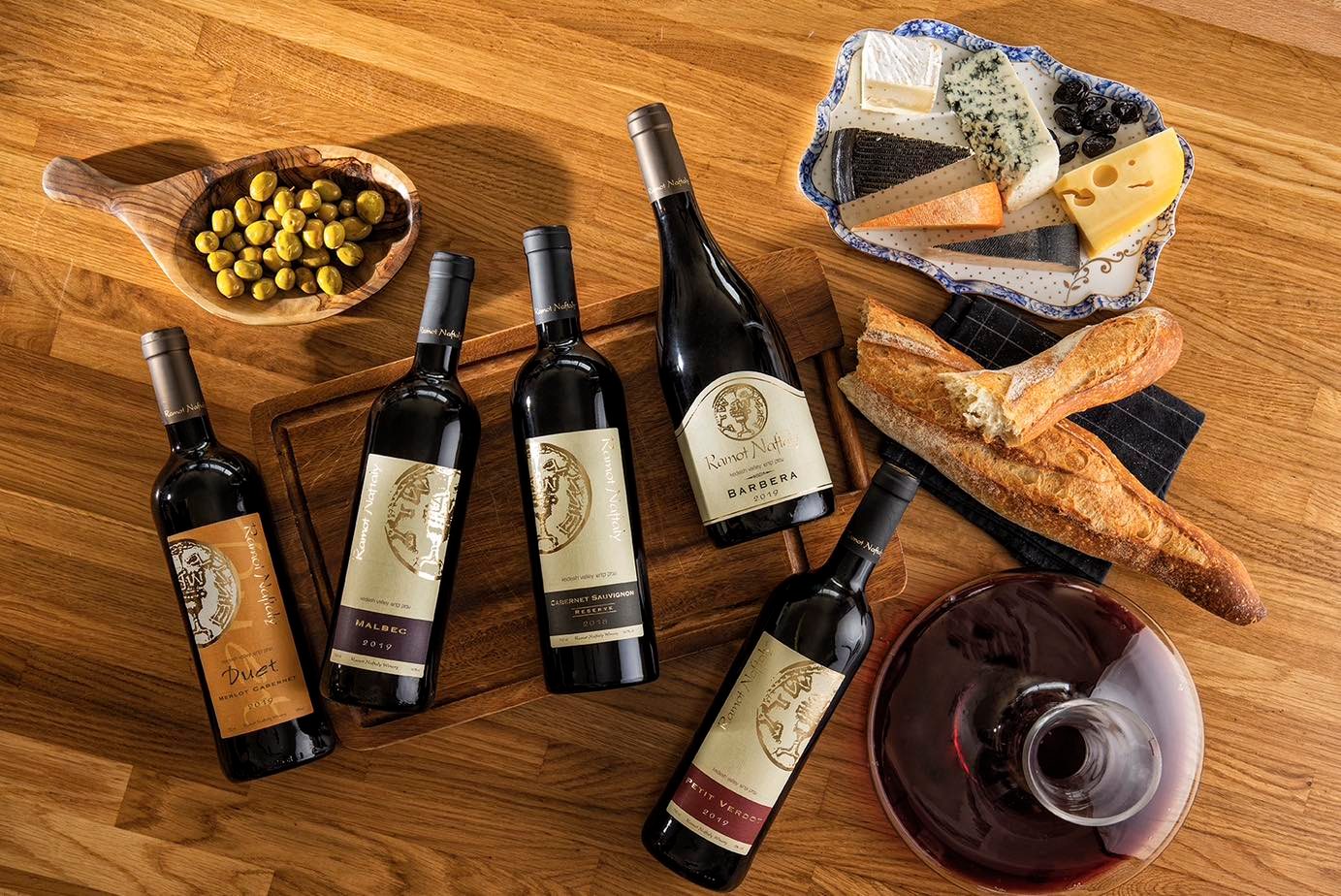
Buy Ramot Naftaly Wines at our online store HERE!